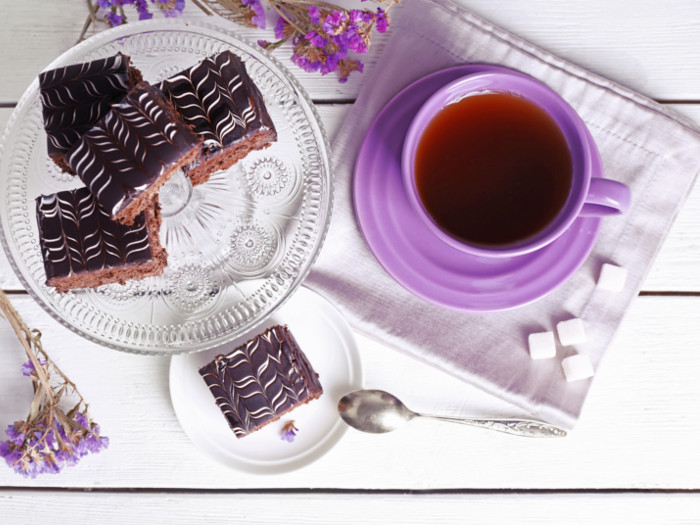Using banaba tea isn’t the most common remedy for improving your overall health, but this unusual tonic has a surprising number of benefits.
What is Banaba Tea?
Banaba tea is an herbal preparation made by brewing the leaves and flowers of the banaba plant, which bears the scientific name Lagerstroemia speciosa. This flowering plant is found in various regions of Asia, including India and the Philippines, where it has long been used for the treatment of many medical conditions. Being such an important part of traditional medicine in those areas, it was only a matter of time before this potent tea became known around the world. The active ingredient, among many other antioxidants, is called corosolic acid. [1]
Benefits of Banaba Tea
The most impressive health benefits of this tea relate to blood glucose levels, obesity, toxicity in the body, kidney problems, and chronic disease.
- Corosolic acid is known to control the level of glucose and insulin, which is excellent news for those with diabetes. Further studies are required to confirm these findings. [2] [3]
- Furthermore, anecdotal evidence says that this tea can dissolve kidney stones.
- Banaba tea is a great beverage choice for those looking to shed extra pounds as it makes weight loss easy.
- It is an appetite suppressant and has antioxidant effects that can prevent chronic inflammation and disease.

Banaba tea has been traditionally used to manage diabetes. Photo Credit: Shutterstock
How to Make Banaba Tea?
After getting your dried banaba tea leaves, you will want to prepare them properly to get the full effect of this tea. Take a look at this recipe below.

Banaba Tea Recipe
Ingredients
- 2 tsp of dried banaba leaves
- 2 cups of water (filtered)
- 1 tsp of lemon
- 1 tsp of honey
Instructions
- To make banaba tea, add 2 teaspoons of the dried banaba leaves to a tea infuser.
- Bring 2 cups of water to a boil and pour over leaves.
- Steep for 3-4 minutes before straining, adding lemon and a teaspoon of honey (if you prefer) and serving hot.
Notes
Side Effects of Banaba Tea
If you are taking diabetes medication, speak to your doctor before adding this tea, as it could cause complications. Pregnant and breastfeeding women are also not recommended to drink this potent tea, as it can affect hormonal levels in various ways. [4]
